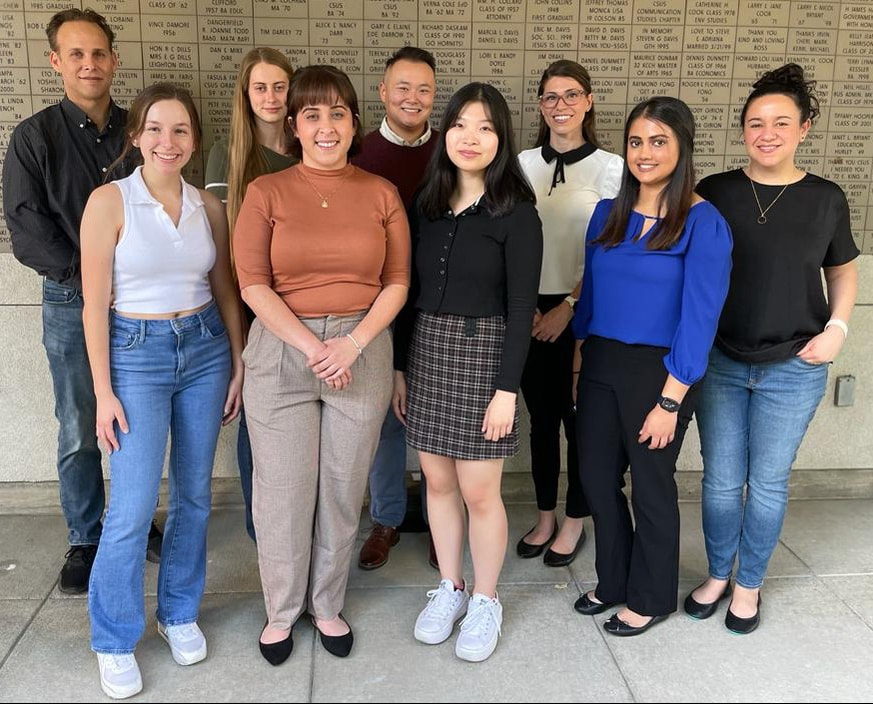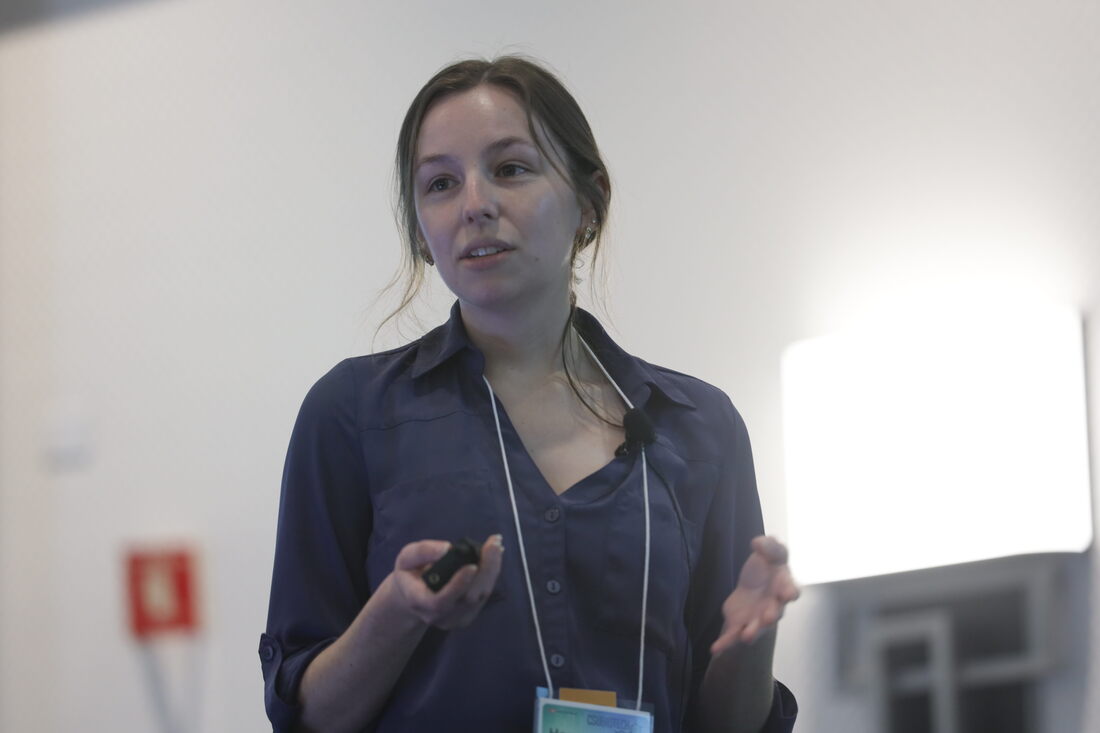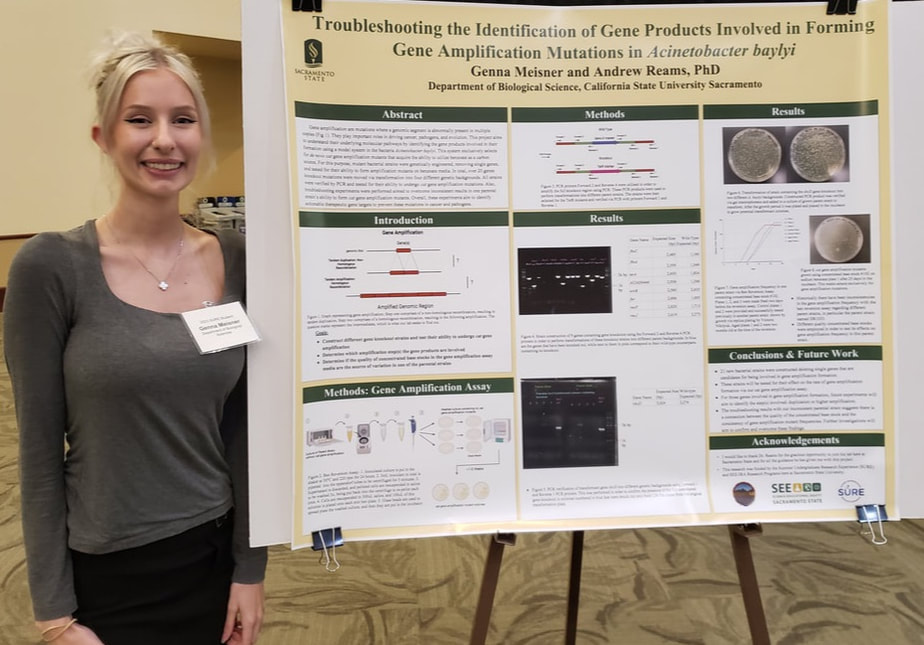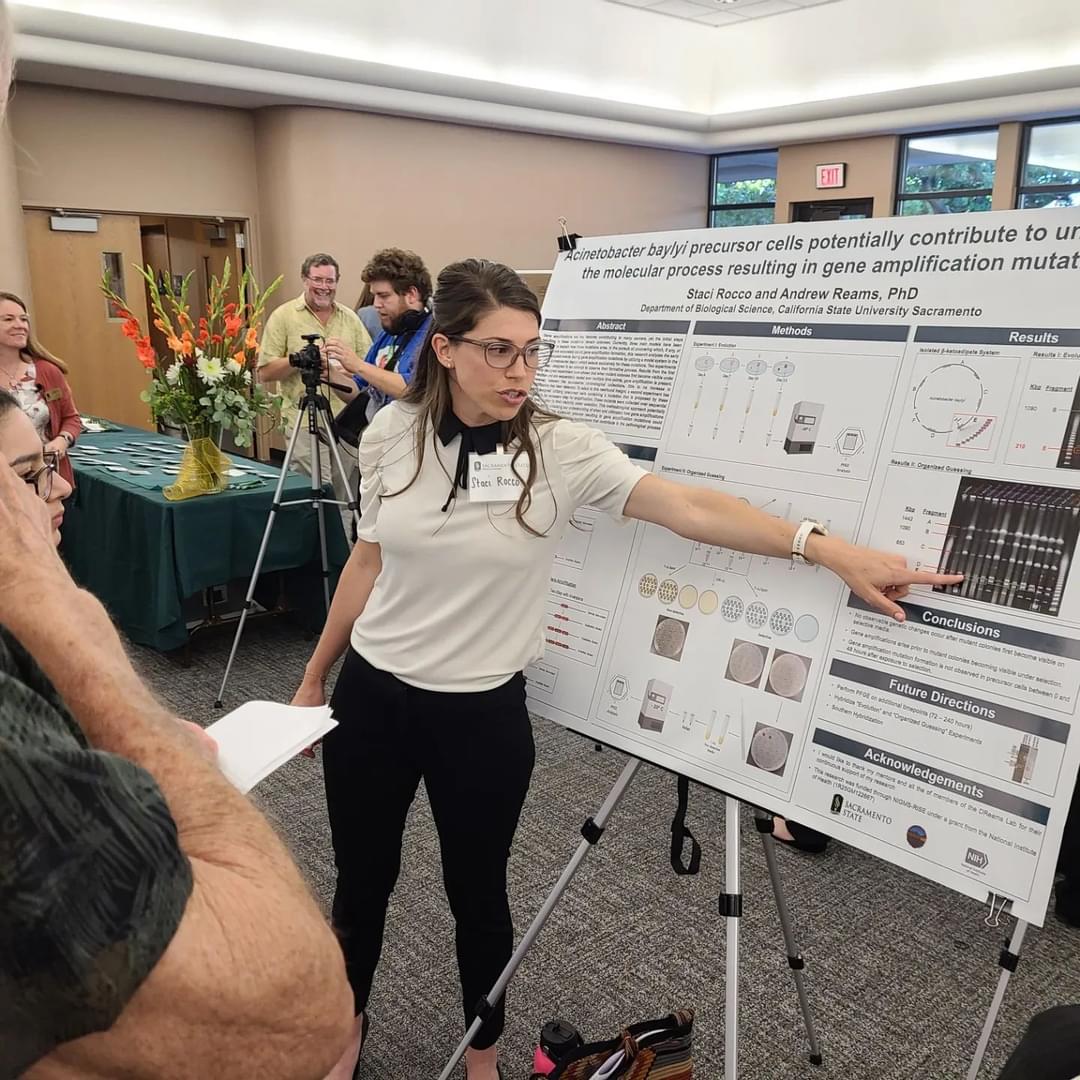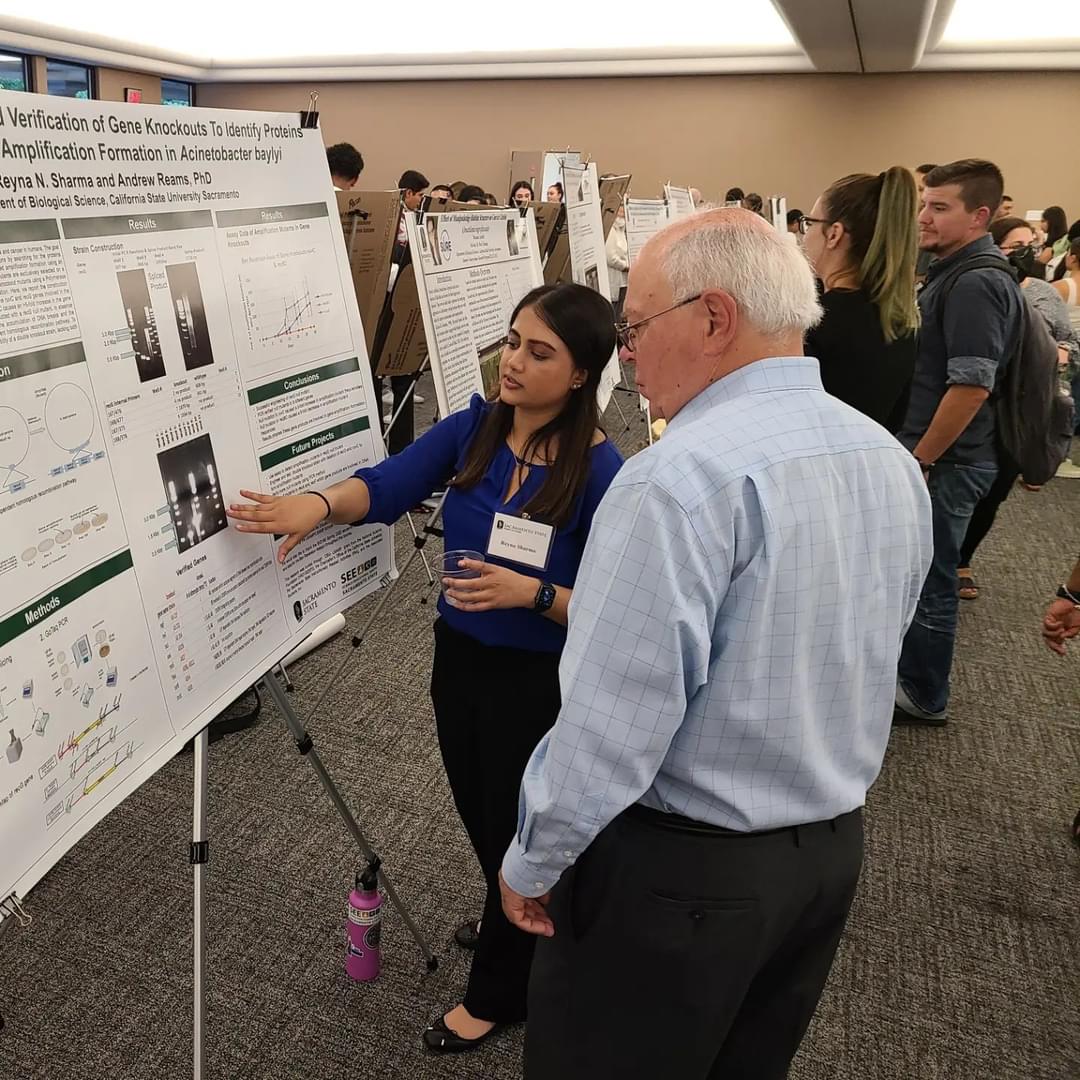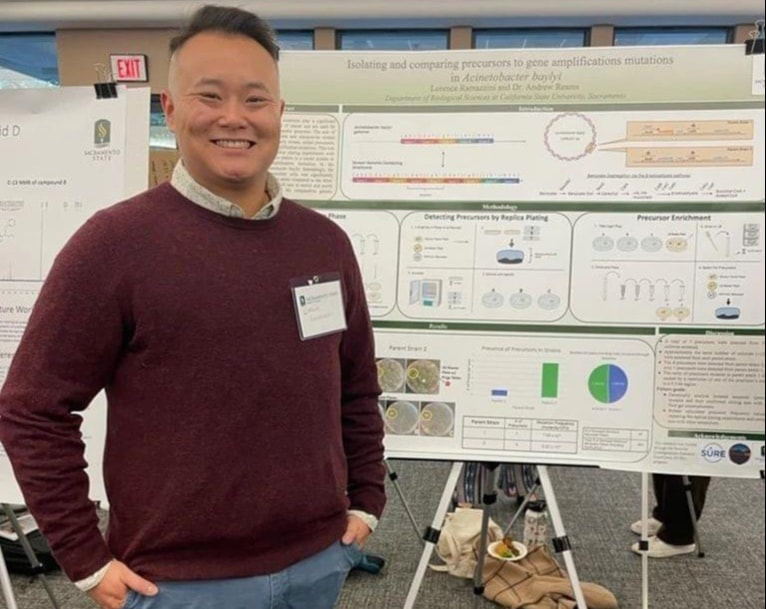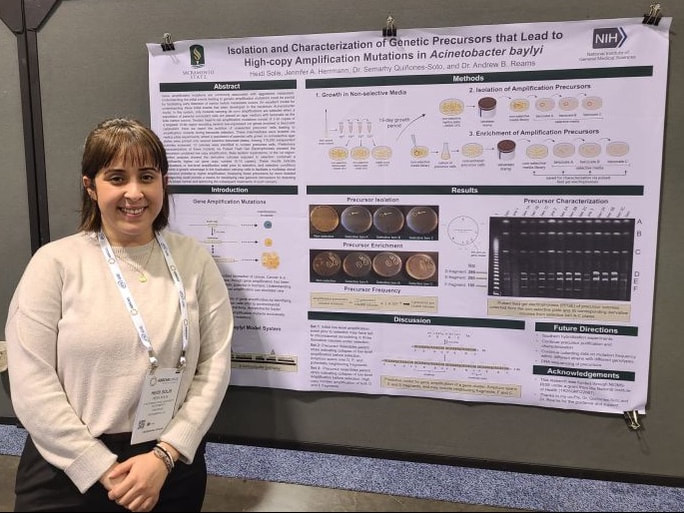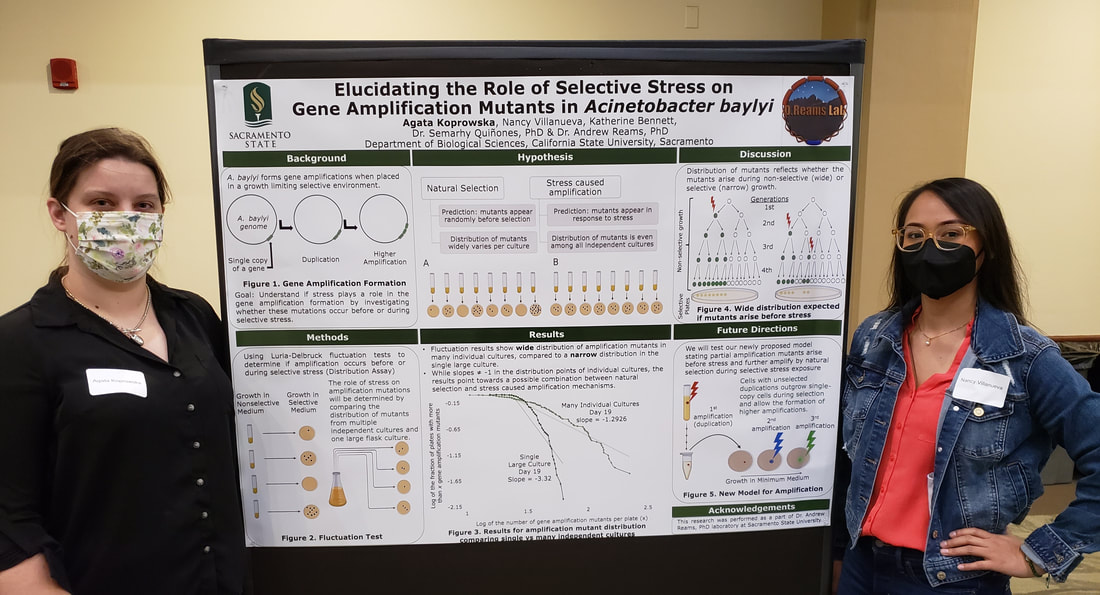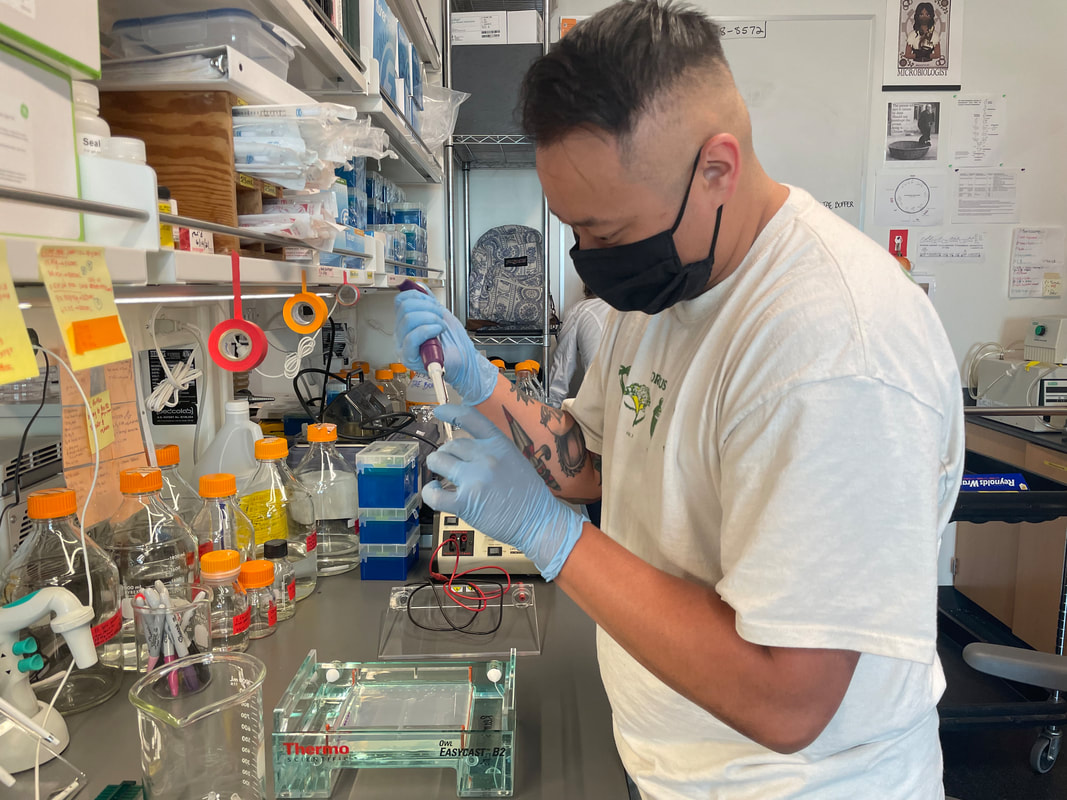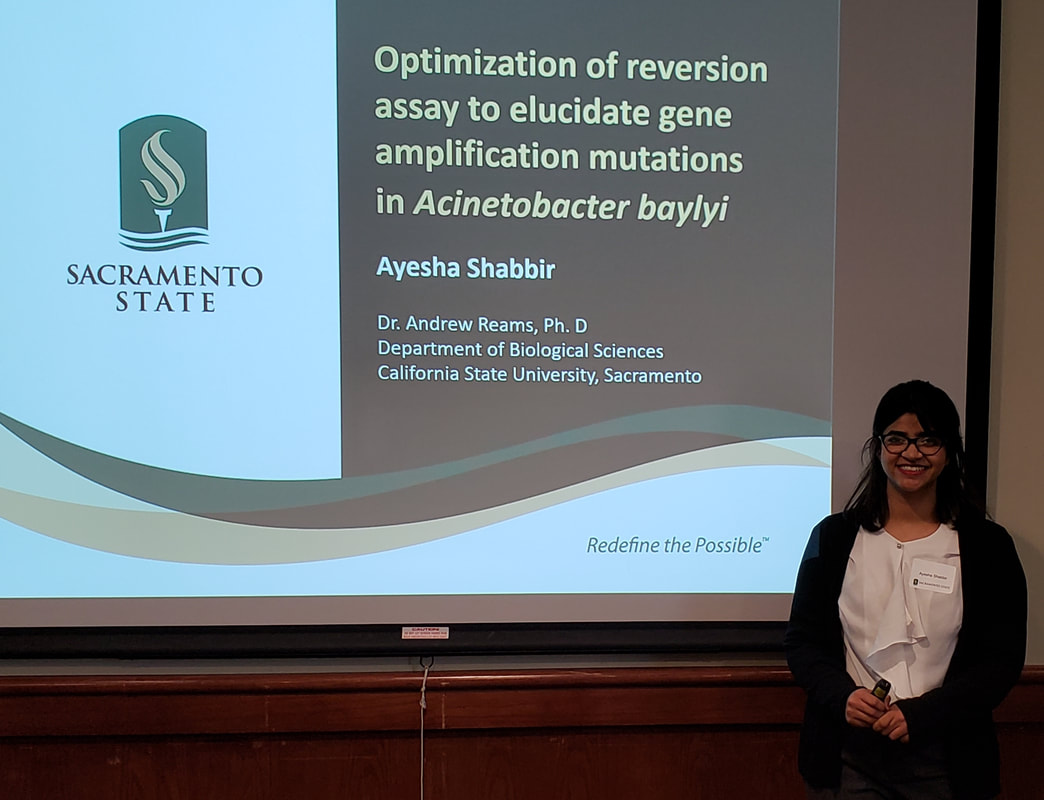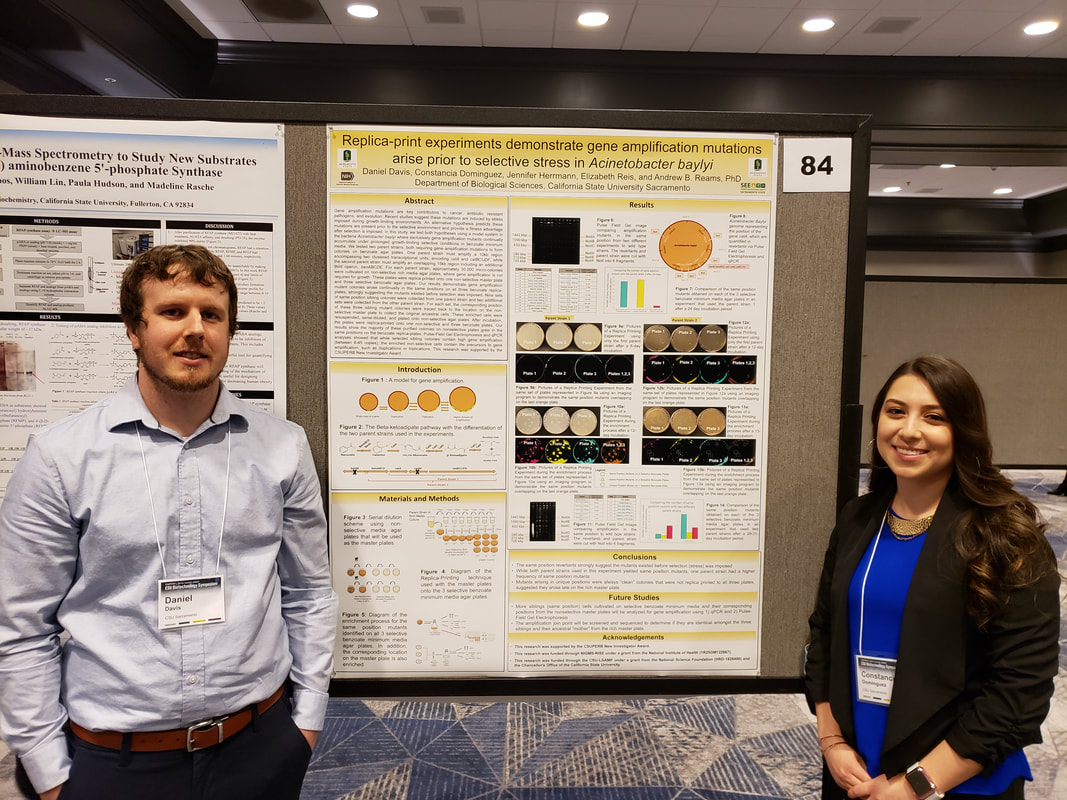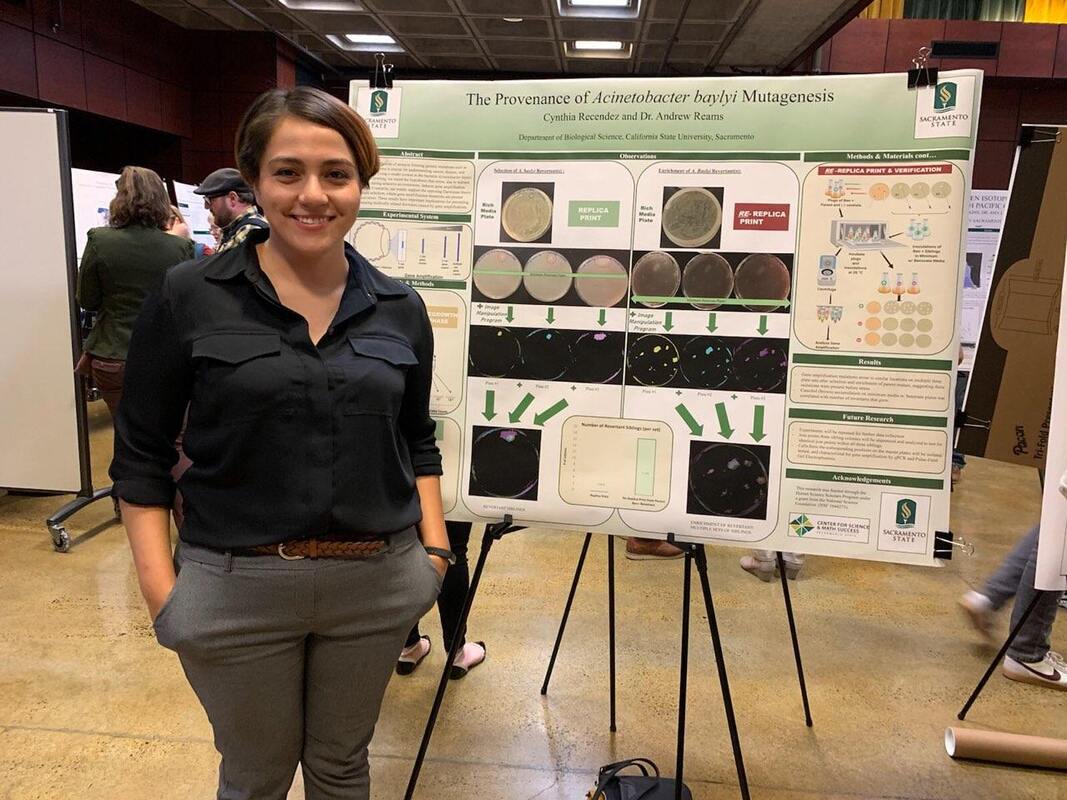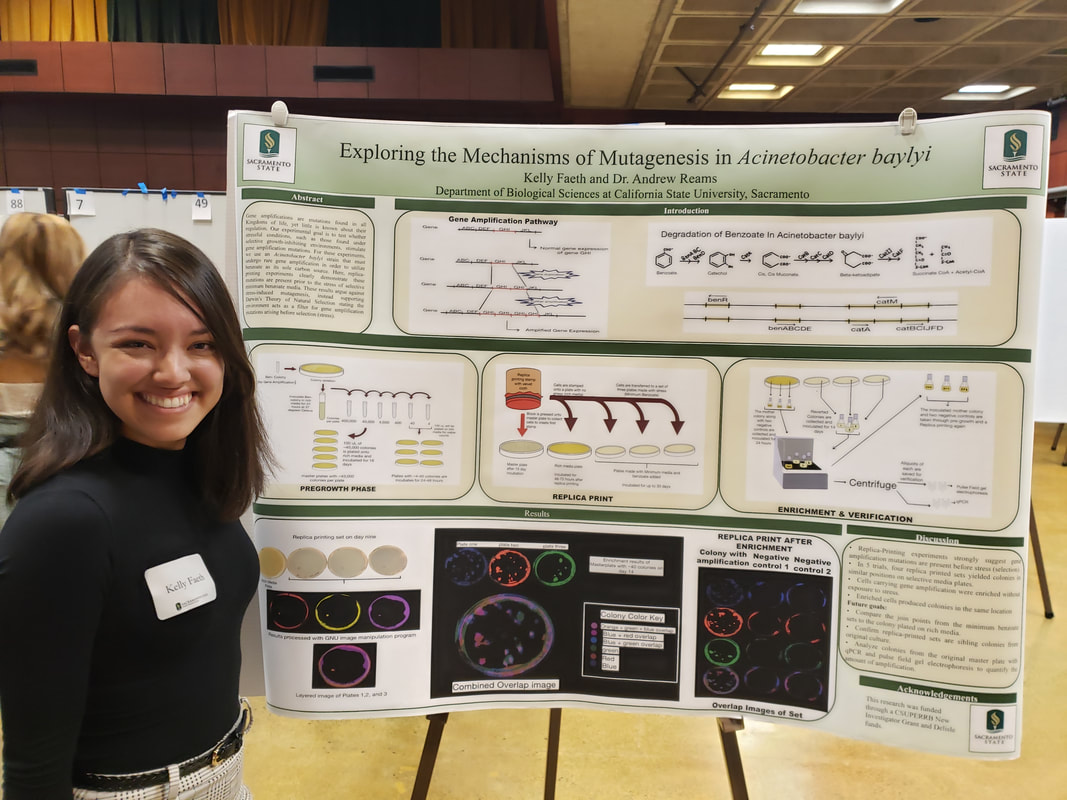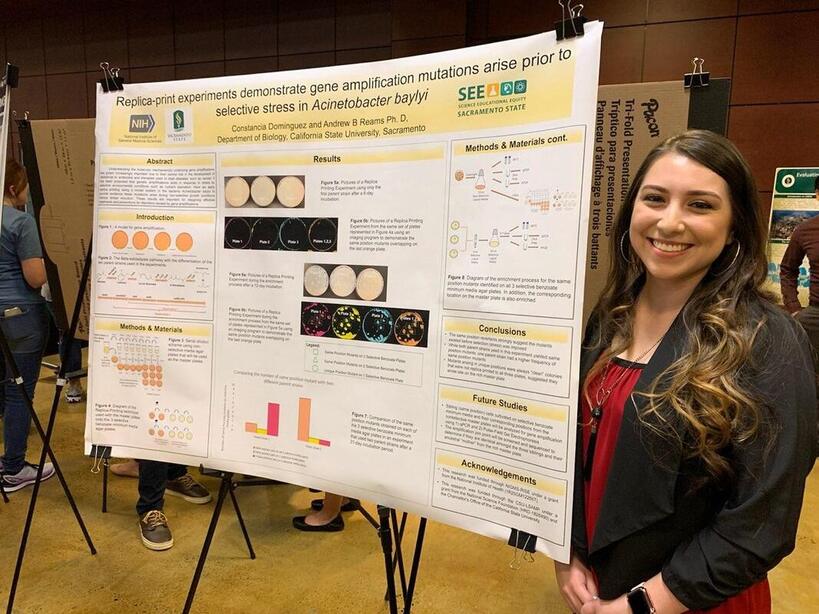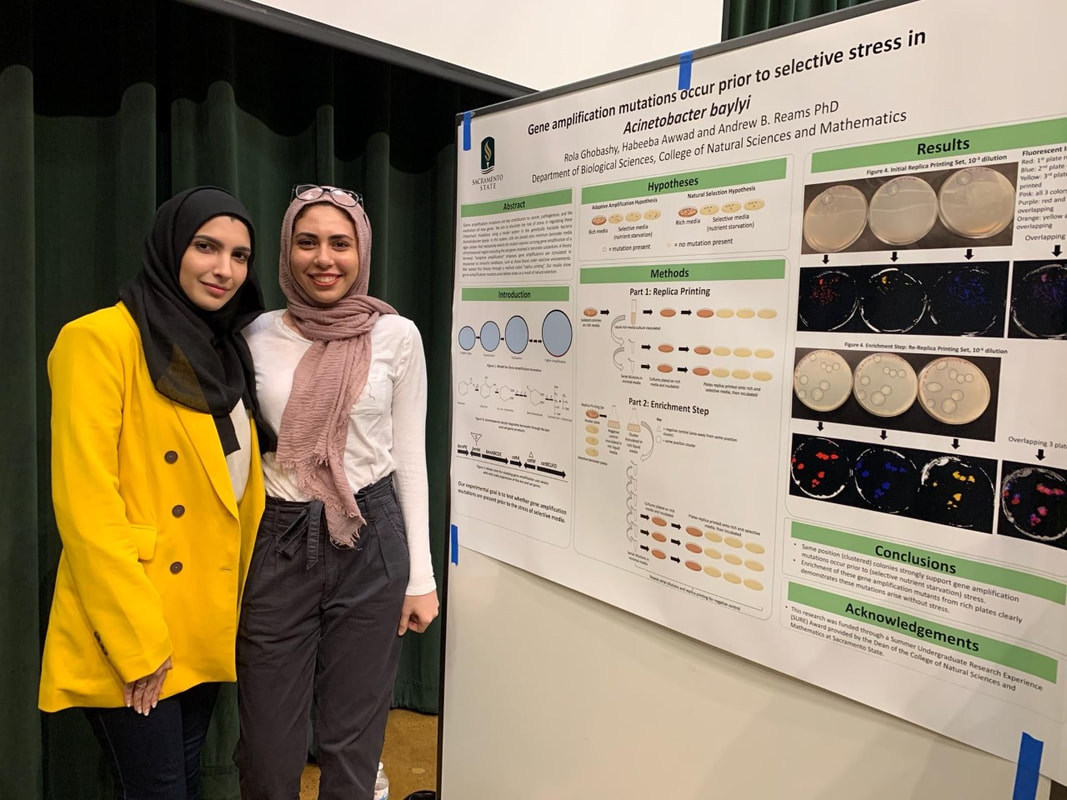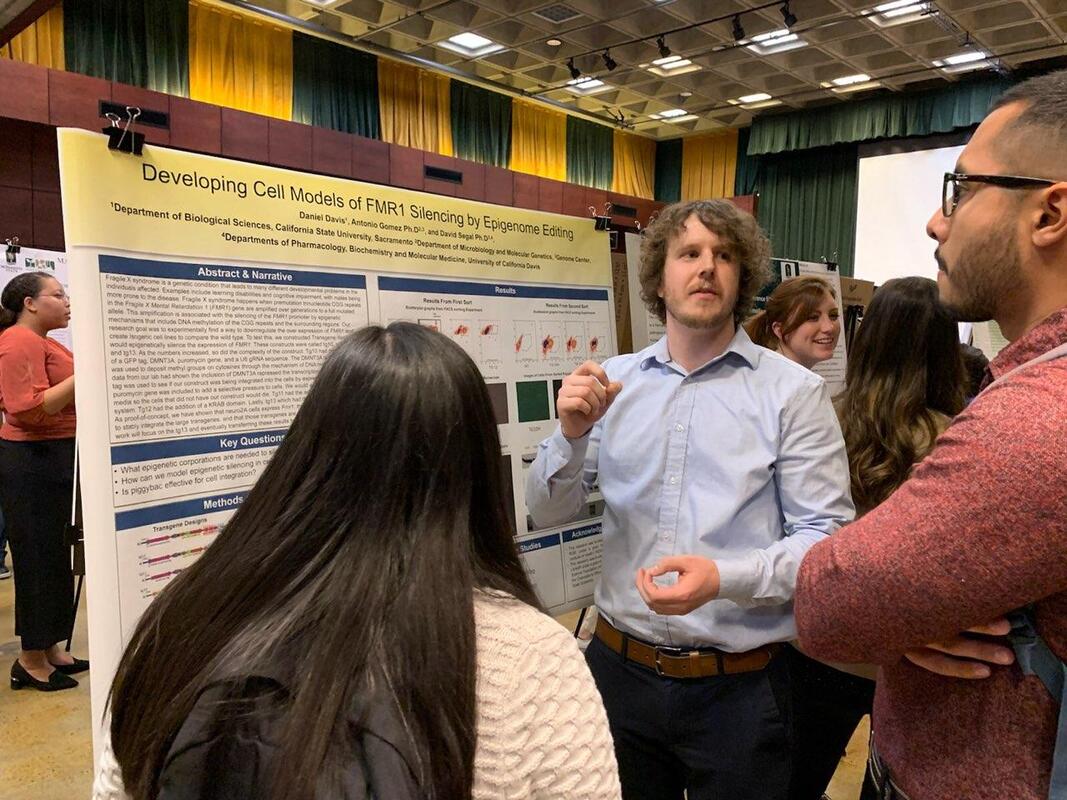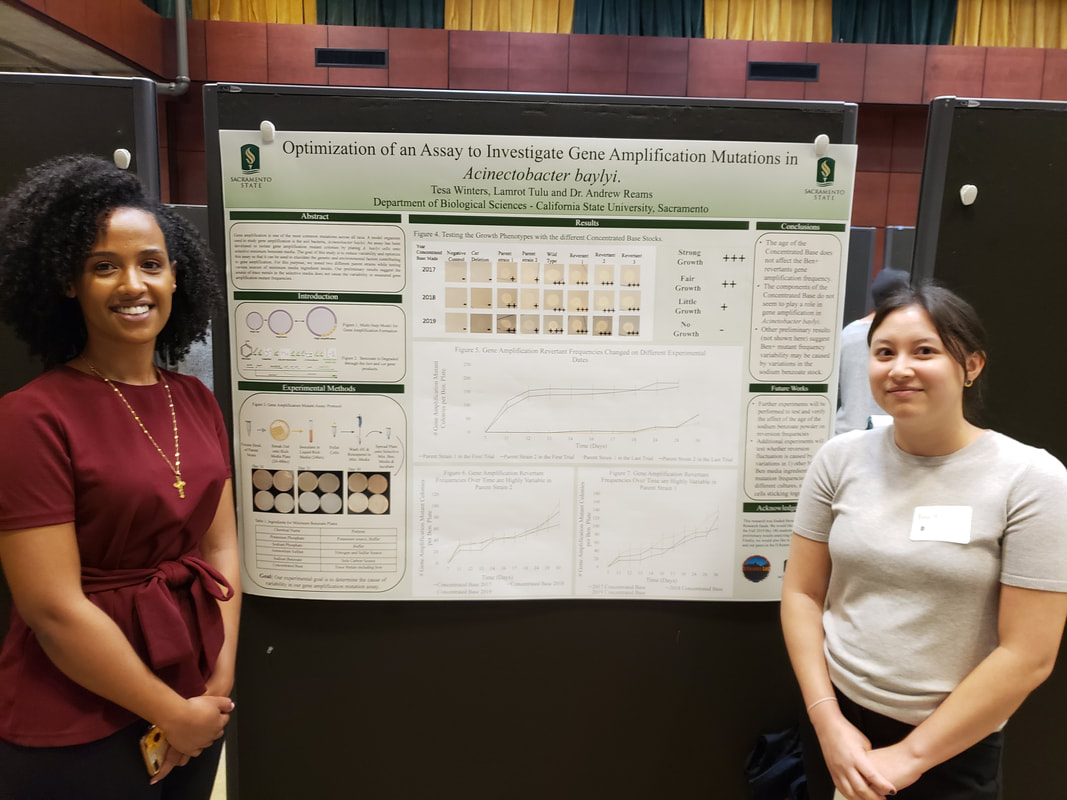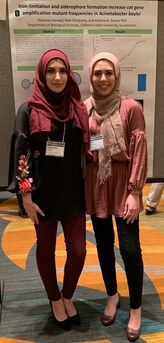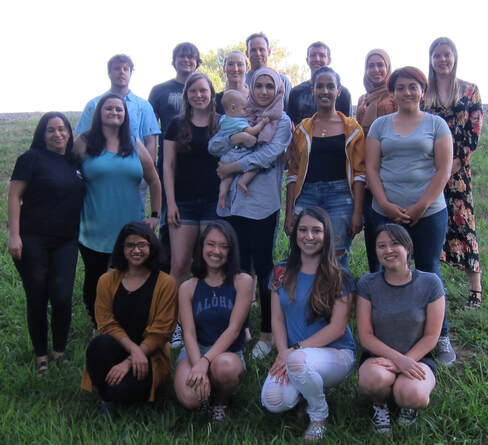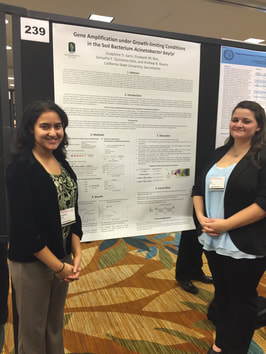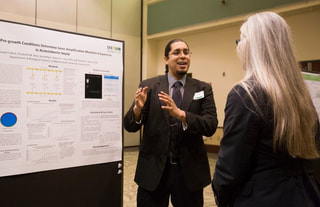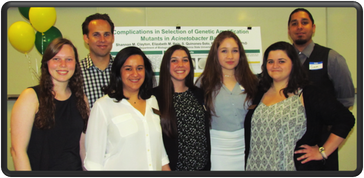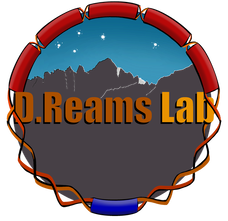|
Research
Our lab focuses on understanding the molecular mechanisms of mutations called gene amplifications and copy number variations (CNVs). Many important biological phenomena, including cancer, infectious diseases, and bioremediation, depend on these mutations to evolve rapidly to their changing environments. Still, the underlying molecular mechanisms remain unclear for all organisms. We aim to unravel these central mysteries along with developing various CNV-related applications, such as discovering new genomic biomarkers for early cancer detection and treatment. To study gene amplifications and copy number variations, our lab utilizes some of the most genetically tractable organisms: bacteria such as E. coli, Salmonella, and Acinetobacter baylyi. The projects are accessible to undergraduate and Master’s students. Students are trained in important multidisciplinary areas that bridge classical and modern genetics with microbiology, molecular biology, experimental evolution, statistics, and computation. If you are a highly motivated undergraduate student at CSUS or interested in a Master's degree and would like to discuss research opportunities in the D.Reams lab, please email Dr. Reams at [email protected]. For undergraduate students seeking research experience, please see the teaching webpage for information on the BIO 180 course needed before joining our research lab. Publications
Our latest publication made the cover of the March 2023 issue of the journal Genetics. Artwork by Dr. Semarhy Quiñones-Soto. 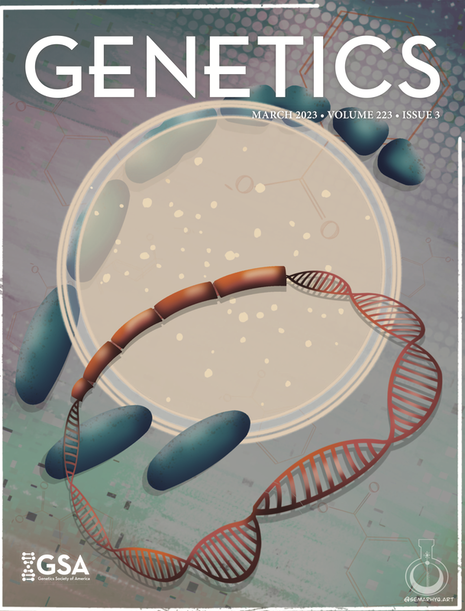
Cover Figure Legend: In a model system to study gene amplification mutations, a strain of the bacterium Acinetobacter baylyi is spread onto agar plates with the aromatic compound benzoate as the sole carbon source. While this strain is unable to grow on these plates, rare mutant colonies arise (cream color circles). These mutant cells (blue green ovals) nearly exclusively contain de novo amplification mutations (represented by the repeated dark orange rectangles) encompassing low expressed genes encoding enzymes involved in benzoate catabolism. Art by co-author Semarhy Quiñones-Soto, PhD.
Here's a link to our publication referenced by the journal cover:
Jennifer A Herrmann, Agata Koprowska, Tesa J Winters, Nancy Villanueva, Victoria D Nikityuk, Feini Pek, Elizabeth M Reis, Constancia Z Dominguez, Daniel Davis, Eric McPherson, Staci R Rocco, Cynthia Recendez, Shyla M Difuntorum, Kelly Faeth, Mario D Lopez, Habeeba M Awwad, Rola A Ghobashy, Lauren Cappiello, Ellen L Neidle, Semarhy Quiñones-Soto, Andrew B Reams (2022). Gene amplification mutations originate prior to selective stress in Acinetobacter baylyi. G3 Genes| Genomes| Genetics. doi.org/10.1093/g3journal/jkac327 Free access to our other publications can be found using either of the following two sites: Lab Photos
|
Current Lab Members:
Drew Reams (Professor) Semarhy Quiñones (Co-Investigator) Victoria Nikityuk (Master's program) Hanna Franklin (Master's program) Eli Chakyrova (Master's program) Genna Meisner Ryder Hilliard Samantha Sanchez Malia Ancil Natalie Freestone Lorence Ramazzini Lab Alumni: Alejandra Ahumada Stephanie Avalos Renee Avila Habeeba Awwad Emily Barentson Katherine Bennett Sam Cabral Itzel Cardozo Janeé Carter Desiree Caruthers Shannon Clayton Maggie Cortez Lance "Teo" Courtney Daniel Davis Kristen DeBacker Shyla Difuntorum Constancia Dominguez Kelly Faeth Jaime Fuentes Heather "Andy" Geyer Rola Ghobashy Caitlin Harris Jennifer Herrmann Agata Koprowska Gerard LaBlue Cody Lee Katlyn Lewis Mario Lopez Eric McPherson Anthony Milani Raylene Olmos Feini Pek Rebecca Preto Cynthia Recendez Elizabeth Reis Paul Riling Staci Rocco Sophia Romero Josephine Sami Jennifer Serrano Ayesha Shabbir Reyna Sharma Heidi Solis Ryan Staley Jasmin Suazo Abraham Sugay Daniela Tapia-Acosta Glenn Tseng Lamrot Tulu Mariela Vega Nancy Villanueva Nathalie Villegas Austin Widdershoven Tesa Winters Sinai Yoo |
